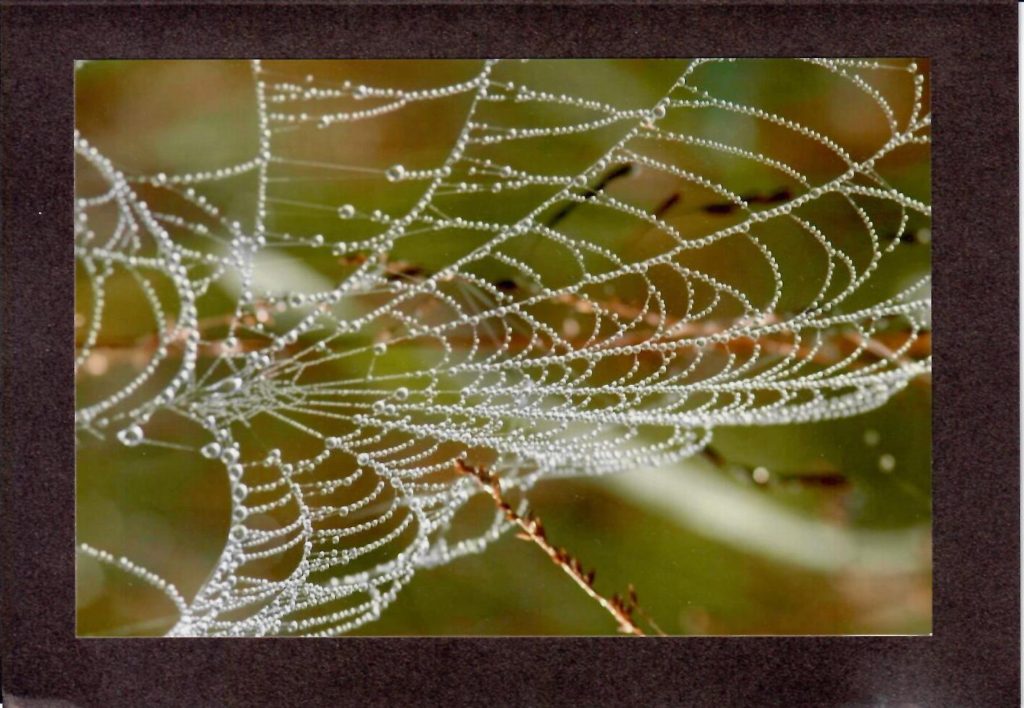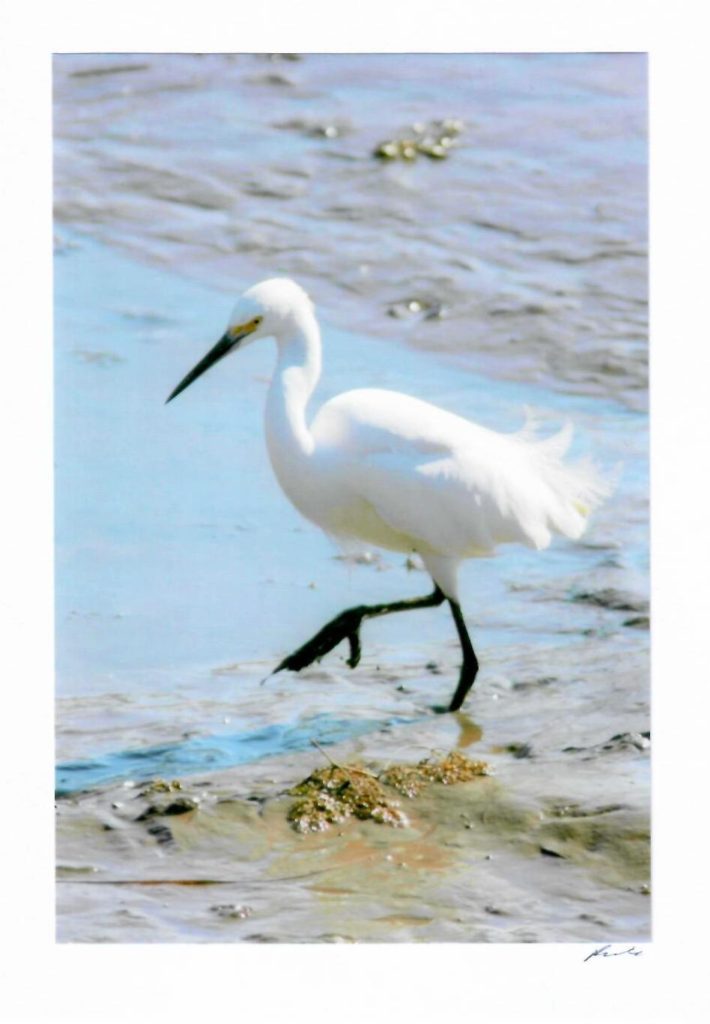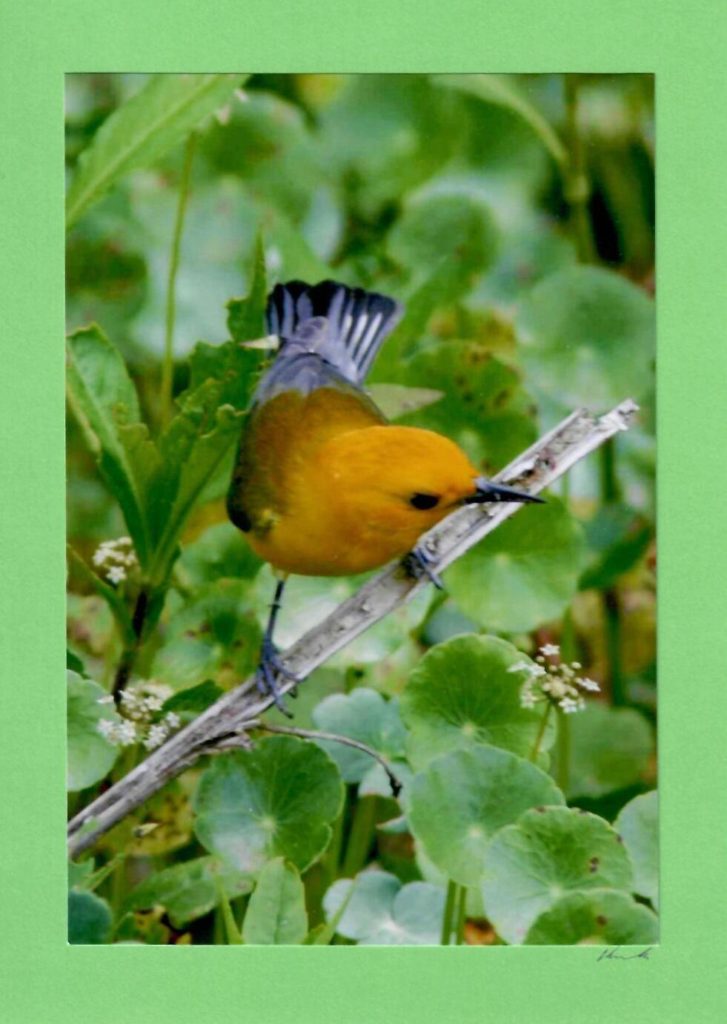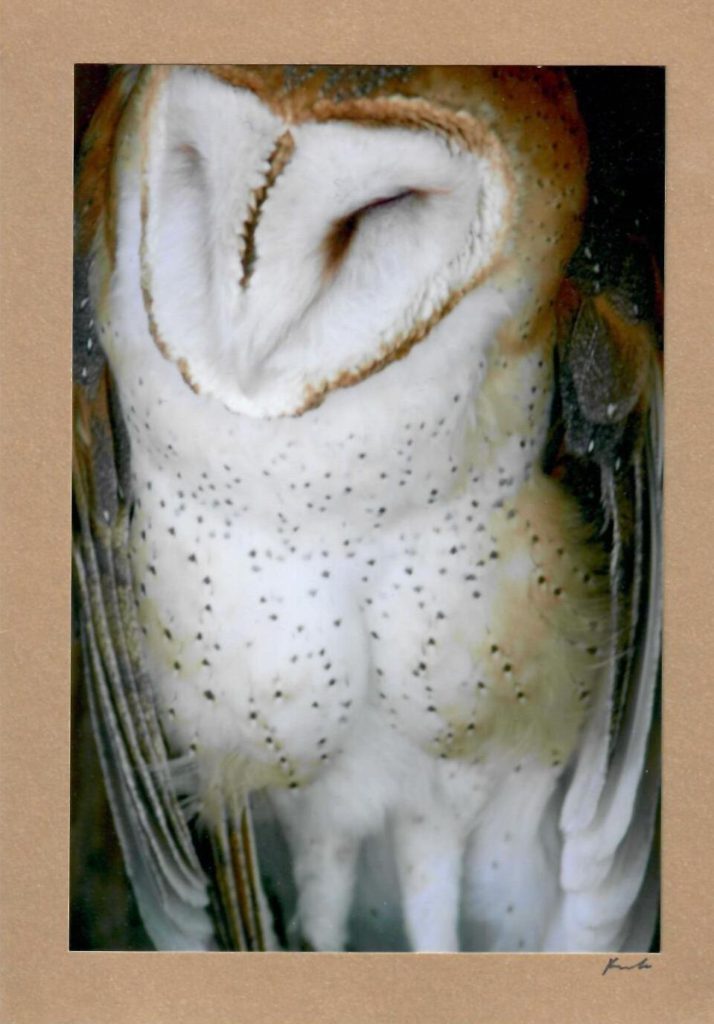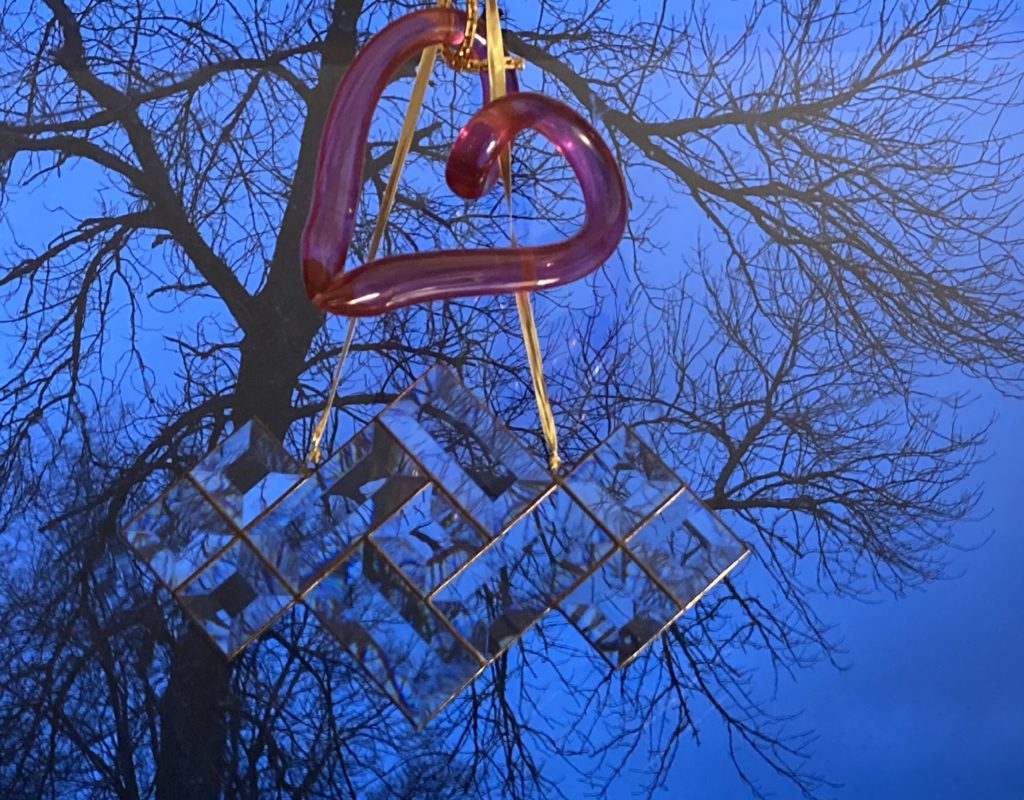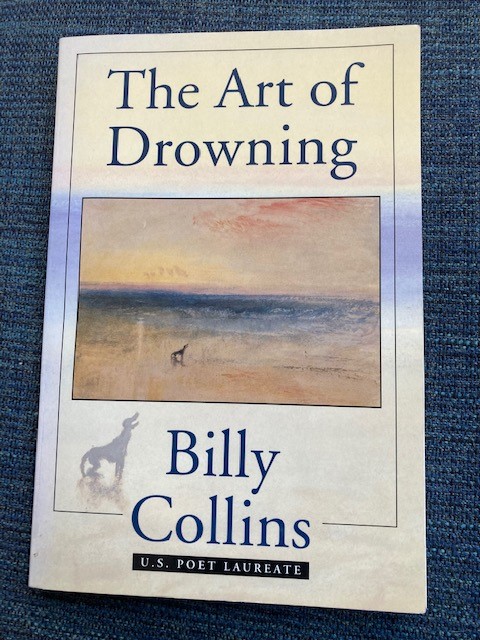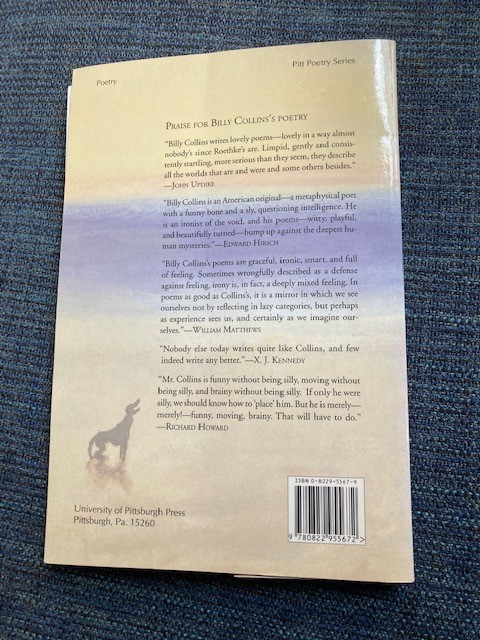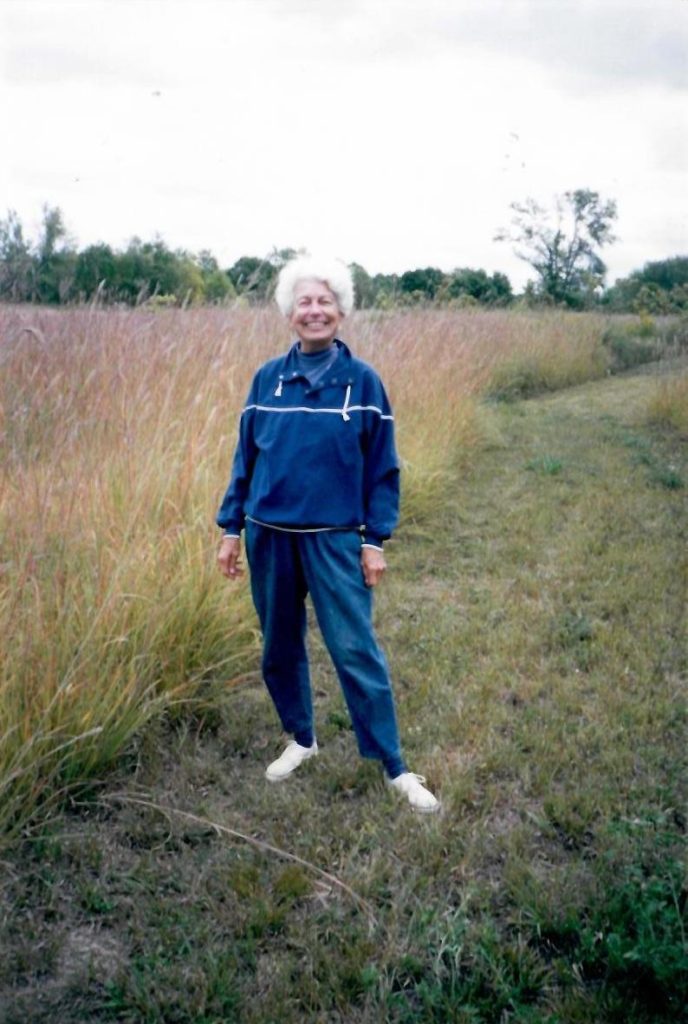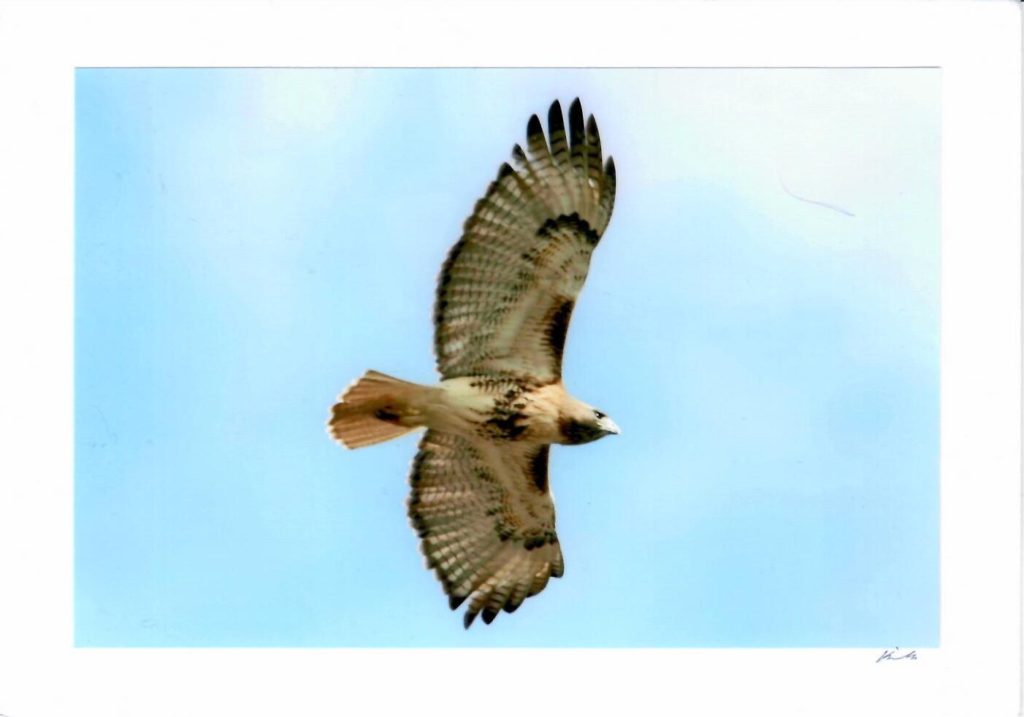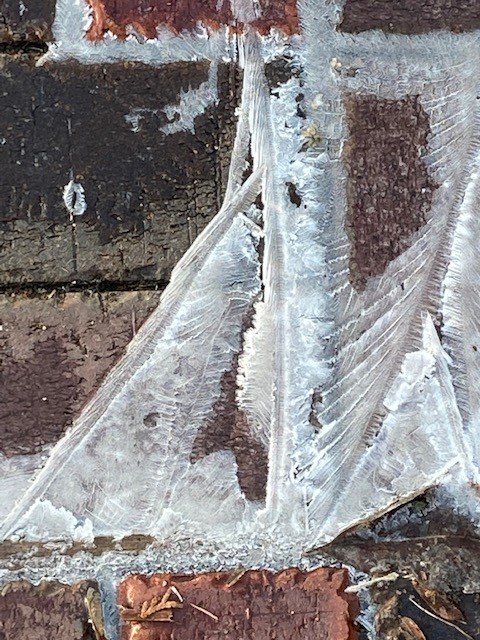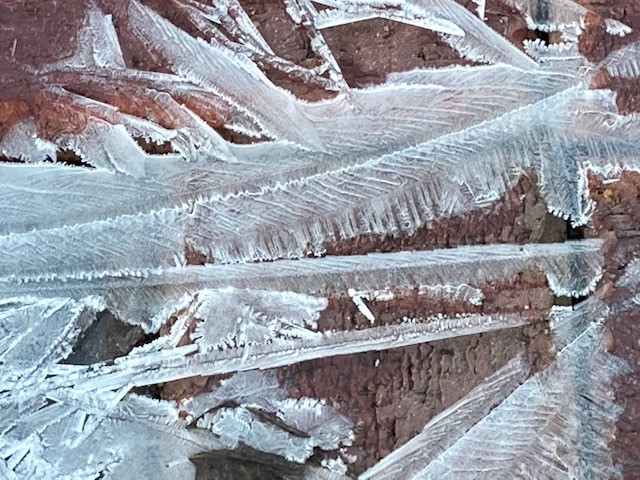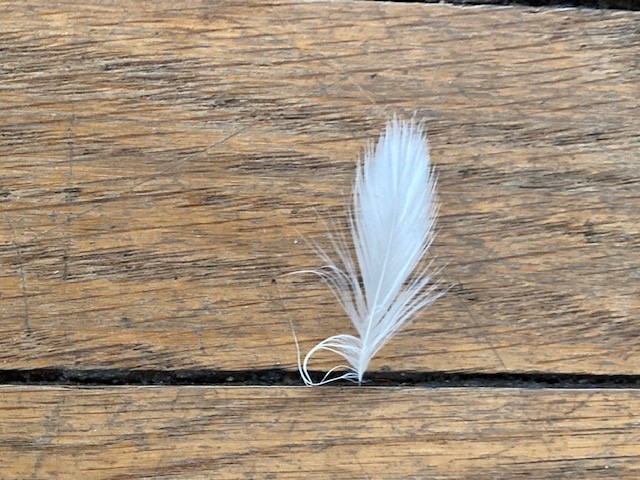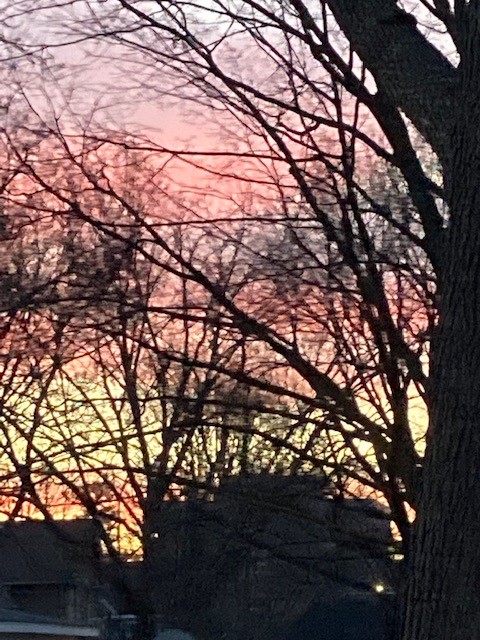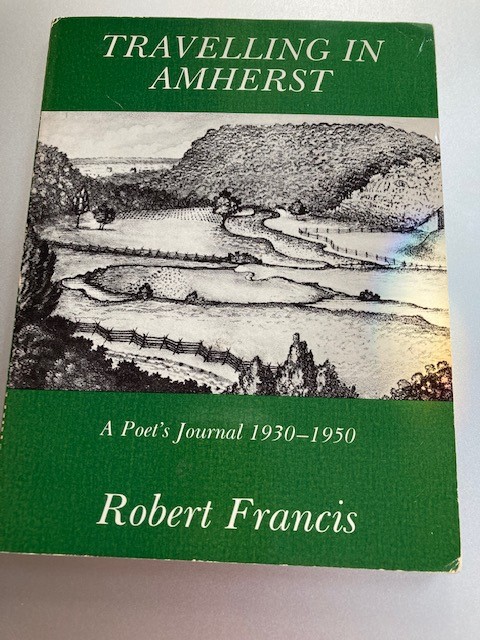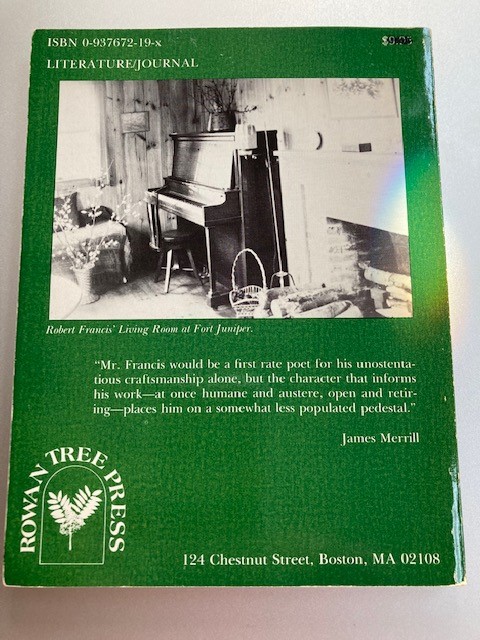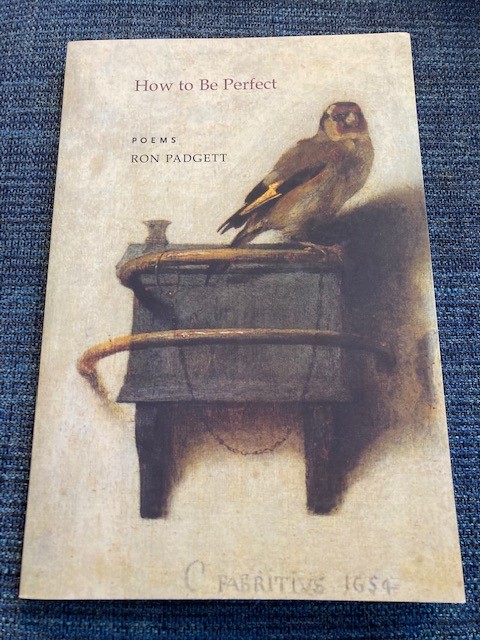
Ron Padgett‘s book of poems, How to Be Perfect, (Coffee House Press, Minneapolis, 2008) has a permanent place on my shelf. I am far from perfect, and so I do not have any of his other celebrated works, though I am curious about them, especially his collaboration with artist Jason Novak, published by Coffee House Press in 2016, called How to Be Perfect: An Illustrated Guide, and Oklahoma Tough: My Father, King of the Tulsa Bootleggers (University of Oklahoma, 2003).
The pleasures of How to Be Perfect, as ironic a title as Johnathan Swift’s “A Modest Proposal,” are many. Consider the titles of such short works as “Very Post-Impressionism” and “Charlie Chan Wins Again” and “Whiz Bang” and “Rinso.” If you are like me, you immediately want to turn from the table of contents and dive into the poem itself. Many of the longer works, including “The Absolutely Huge and Incredible Injustice in the World” are witty and arresting and deadly serious protests all at once, works that question the ability of humans to wake up and save themselves and the planet. Yet Padgett never gives in to ease despair, and the verbose advice dropping of Polonius. Indeed, the title poem, a litany of short bits of advice strung across several pages, is laugh-out-loud funny in many places and filled with condensed, luminous wisdom in others. Consider this item:
Don't stay angry about anything for more than a week, but don't forget what made you angry. Hold your anger out at end's length and look at it, as if it were a glass ball. Then add it to your glass ball collection.
If you are looking for something thoughtful, polished, angry at human stupidity but still hopeful and humane, consider reading these poems.

Background on My Poem “Sunshine”:
Today’s poem is about grim news, raw grey weather, and glimmers of hope, and was inspired by these solar arrays outside of Northfield.


Happy Reading! Happy Writing! LESLIE

